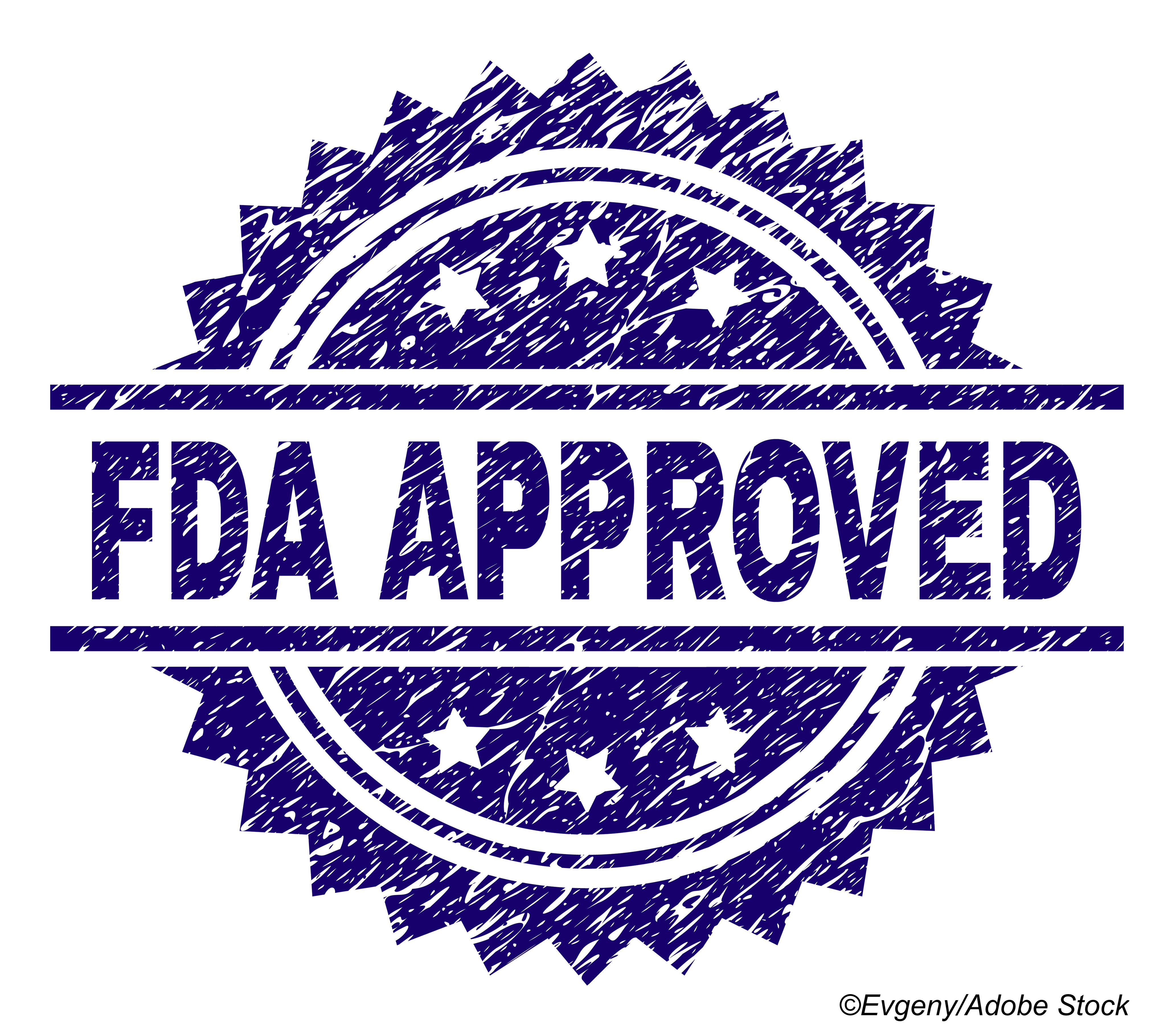
The FDA approved Rethymic, an implant derived from donated thymus tissue, to treat kids with congenital athymia.
Congenital athymia, a rare immune disorder in which a child is born without a thymus, dramatically reduces the body’s ability to fight infections, and most children affected die within the first two years of life and suffer from repeated, potentially life-threatening infections due to a lack of T cells.
Rethymic, which is made from donated human allogeneic thymus tissue that has been processed and cultured, is implanted into patients who are athymic in order to help reconstitute immunity, the FDA explained. This is the first thymus tissue product to ever gain FDA approval in the U.S.
“Today’s action marks the first FDA approval of a therapy to treat this very rare and devastating disease in children,” said Peter Marks, MD, PhD, director of the FDA’s Center for Biologics Evaluation and Research, in a statement. “We remain committed to helping advance the development of safe and effective medical products for patients affected by rare diseases—an area of such critical need.”
This approval was based on results from a series of clinical studies “that included 105 patients, with ages from one month to 16 years, who each received a single administration of Rethymic, from 1993 – 2020,” the agency explained. “Rethymic improved survival of children with congenital athymia, and most children treated with this product survived at least two years. Children treated with Rethymic who survive past the first year generally survive long-term. Rethymic also reduced the frequency and severity of infections over time.”
Rethymic’s dosing is customized for each patient, determined “by the surface area of the Rethymic slices and the body surface area of the patient,” the FDA noted—and it is not indicated to treat patients with severe combined immunodeficiency.
The most common side effects associated with this treatment include high blood pressure, cytokine release syndrome, low blood magnesium levels, rash, low platelets, and graft versus host disease. And, the FDA added, since the treatment is derived from human tissue, “it carries a risk of transmitting infectious disease. Based on effective donor screening procedures and product manufacturing processes, the risk of infectious disease transmission is remote—but not completely eliminated.”
The agency also noted that it takes at least six months for patients’ immune function to reconstitute with this treatment; thus, it is important that patients continue to take strict precautions to prevent infections until immune reconstitution is completed.
The FDA granted the Rethymic approval to Enzyvant Therapeutics, Inc.
John McKenna, Associate Editor, BreakingMED™
Cat ID: 725
Topic ID: 88,725,730,190,138,192,725,925

